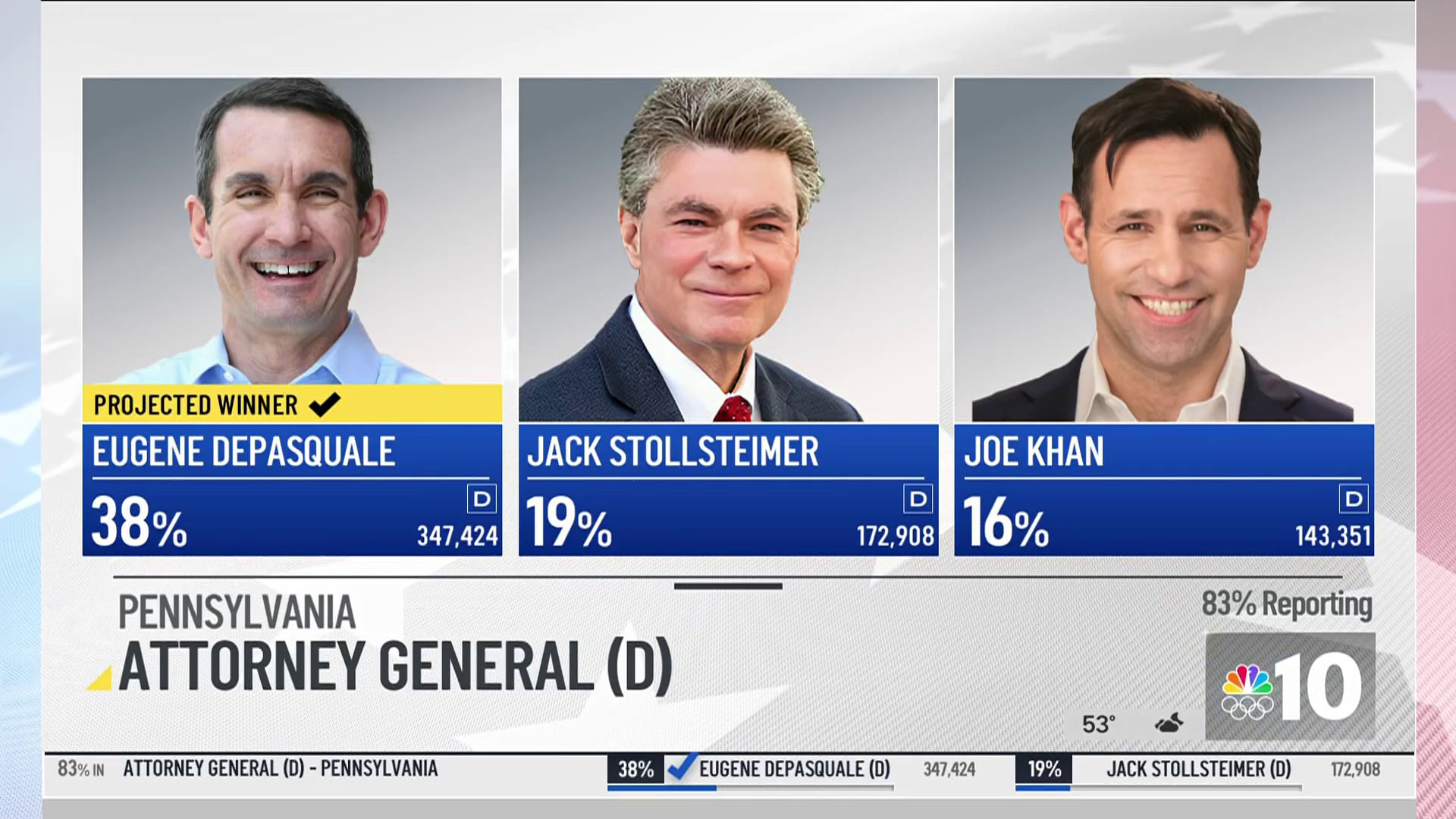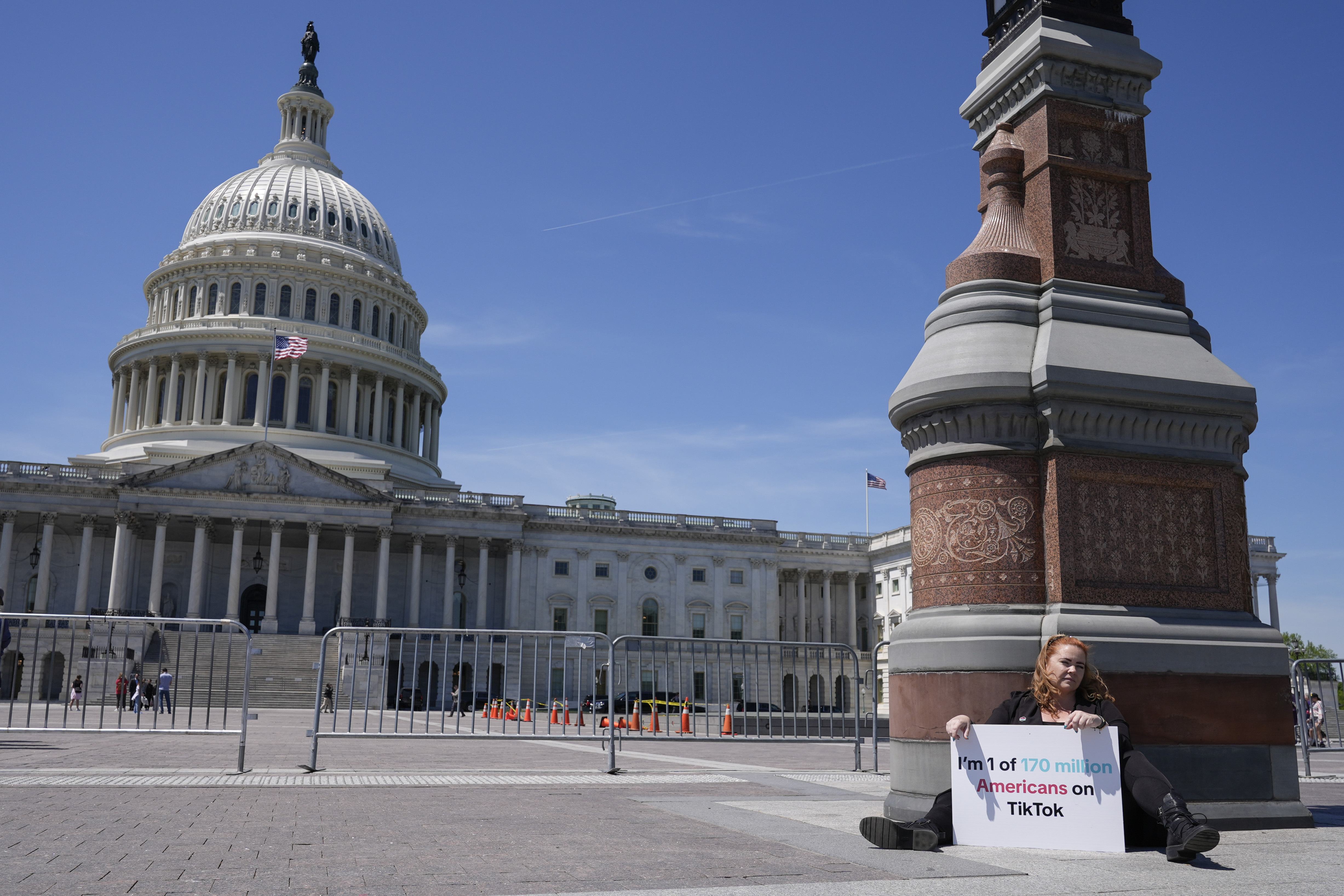Philadelphia Councilman Kenyatta Johnson and his wife conspired to hide tens of thousands of dollars in bribes that allowed two businessmen to benefit from dilapidated properties in the city, federal prosecutors alleged Wednesday.
Johnson and his wife, Dawn Chavous, are each charged with two counts of honest services wire fraud, according to a federal indictment. They allegedly took $66,750 in bribes as the councilman used his position to work against the city’s residents and housing authority, who were trying to retake ownership of various run-down properties.
Johnson, a Democrat who represents the 2nd District – covering parts of Center City, South Philadelphia, Southwest Philadelphia, Eastwick, Grays Ferry, Hawthorne and Point Breeze – maintains his and his wife’s innocence.
In one instance, federal prosecutors say Johnson’s interference helped net nearly $3 million in profits for the businessmen’s nonprofit, Universal Community Homes. Prosecutors say the businessmen “hijacked” the nonprofit, which is related to a business called Universal Companies. The business belongs to onetime music mogul Kenny Gamble, who was a producer on "Sound of Philadelphia" songs in the 1970s.
“It all boils down to this: The indictment charges that two businessmen wanted a corrupt advantage. They wanted to pay to play, and the indictment charges that they found willing partners here in Philadelphia,” First Assistant U.S. Attorney Jennifer Arbittier Williams said Wednesday.
The scheme began in 2013, when Abdur Rahim Islam and Shaheid Dawan entered into a “sham consulting agreement” with Chavous, who runs a political consulting company, Williams said.
At the time, Universal Community Homes was trying to sell off the Royal Theatre in the Graduate Hospital neighborhood of Center City. It bought the theater in 2000 with plans of redeveloping the location.
Politics
After a yearslong failure to sell off the crumbling property, Universal Community Homes in 2013 applied to demolish the theater, which would require zoning changes to accomplish, the federal indictment alleges. However, around the same time, people in the surrounding neighborhood were using Pennsylvania’s Blighted and Abandoned Properties Conservatorship Law – also known as Act 135 – to push for the property to come under the conservatorship of another local developer, who would then take over the job of redeveloping the location.
The process would have meant that Universal Community Homes might lose ownership of the Royal Theatre “with little to no compensation,” the indictment alleges.
To halt the Act 135 lawsuit, Islam and Dawan recruited Johnson and Chavous, prosecutors say.
According to them, Chavous started working for the men in May 2013, the same month that Islam arranged a political fundraiser for Johnson’s reelection campaign.
After the fundraiser, Islam allegedly met with Johnson to discuss the “preliminary plans” for the Royal Theatre. The result of that meeting was Johnson agreeing to “take the lead with the Mayor” and work on the zoning changes that Islam and Dawan wanted, according to the indictment.
By October, “despite the vocal opposition of a number of residents who lived near the Royal Theatre,” Johnson introduced a spot zoning bill that would allow the location of the theater to be rezoned in a way that would benefit Universal Community Homes, the indictment alleges.
According to prosecutors, Johnson never told any city officials about the conflict of interest of having his wife work for the men. The zoning bill passed in December 2014 and forced the withdrawal of the Act 135 suit, meaning the Royal Theatre stayed in University Community Homes’ hands.
With zoning issues and the threat of losing the theater no longer acting as barriers, the company was able to sell off the property for around $3.7 million, netting more than $2.7 million in profits, according to the indictment.
But Johnson and Chavous’ work for Islam and Dawan went beyond the Royal Theatre, prosecutors say.
Universal Community Homes was also in danger of losing land it had on Bainbridge Street, according to prosecutors.
The Philadelphia Housing Authority had helped the company attain the land in 2005 with the idea that 109 single-family housing units would be built by October of 2006, the indictment says.
By 2013, the site remained undeveloped and was “strewn with trash and the subject of neighbors’ complaints,” the indictment alleges.
In January of the following year, the PHA decided to retake the land under a process known as reversion, and an agency official called Johnson to seek his support, according to prosecutors. Though his support was not legally required, it was important “as a practical matter” because the City Council “typically defers to the wishes of the Councilperson whose district contains a particular property,” the indictment says.
Soon, Chavous tipped Islam off about the reversion plan and Johnson followed up by telling the PHA that he would not support the idea, an act that prosecutors describe as having a “chilling effect” and which stopped the reversion process.
In 2015, the Bainbridge Street site was valued between $2.6 million and $3.5 million, according to the indictment.
“Using public office for personal financial gain is a crime, plain and simple,” said Christian Zajac, an FBI assistant special agent in charge of Philadelphia. “Kenyatta Johnson deprived the residents of his district of the honest services to which they are entitled,” he said.
Johnson maintains his innocence and said in a statement that he is “the victim of overzealous federal prosecutors who have spent the last five years looking for something to charge me with.”
He also defended his wife and said he is “insulted on her behalf at the allegations made by these federal prosecutors.”
Johnson also addressed the allegations during a public appearance Wednesday afternoon while surrounded by supporters, including his attorney Patrick Egan and Democratic Pennsylvania Senator Anthony Hardy Williams.
"It makes no sense for me to work as hard as I have worked, as a state representative and now the first African American council person representing the second councilmatic district, to throw it all away based on some type of alleged backroom deal," he said. "And also, “I don’t need to help my wife get a job. Everybody in this room knows I married up. She's an intelligent woman within her own right."
Johnson maintained his innocence, accused the U.S. Attorney's Office of "intimidation" and "bullying" and also stated he would not resign.
"I want to state for the record that I am innocent," he said. "I look forward to fighting this case and clearing my name and clearing my family name."
A warrant has been issued for Johnson’s arrest. He has vowed to plead not guilty to the charges against him.
Court documents do not list attorneys who could speak for Islam and Dawan. Messages seeking comment were left at possible phone numbers for those two defendants.
A spokesperson for the Philadelphia Law Department told NBC10 the city will not pay for Johnson's legal expenses moving forward.
The businessmen are also charged in their dealings with a former Wisconsin school board president. Prosecutors allege that they “obtained corrupt and unfair advantage" in their business dealings in Milwaukee over multiple years as well, Williams said.
Wednesday night, a spokesperson for Universal Community Homes released a statement on the allegations against Johnson.
"While we respect the right of our former Executive Officers to defend themselves, we cannot ignore the seriousness of the indictments brought against them or the open wounds that have been left on our organization," the spokesperson wrote.
"As in the past, we will not allow these impediments to be fatal or to deter us from continuing our mission of 'Improving Communities… Changing Lives.' We are dedicating ourselves to restore not just our reputations, but our life-long-commitment to the same goals as the founders."
The Associated Press contributed to this story.



